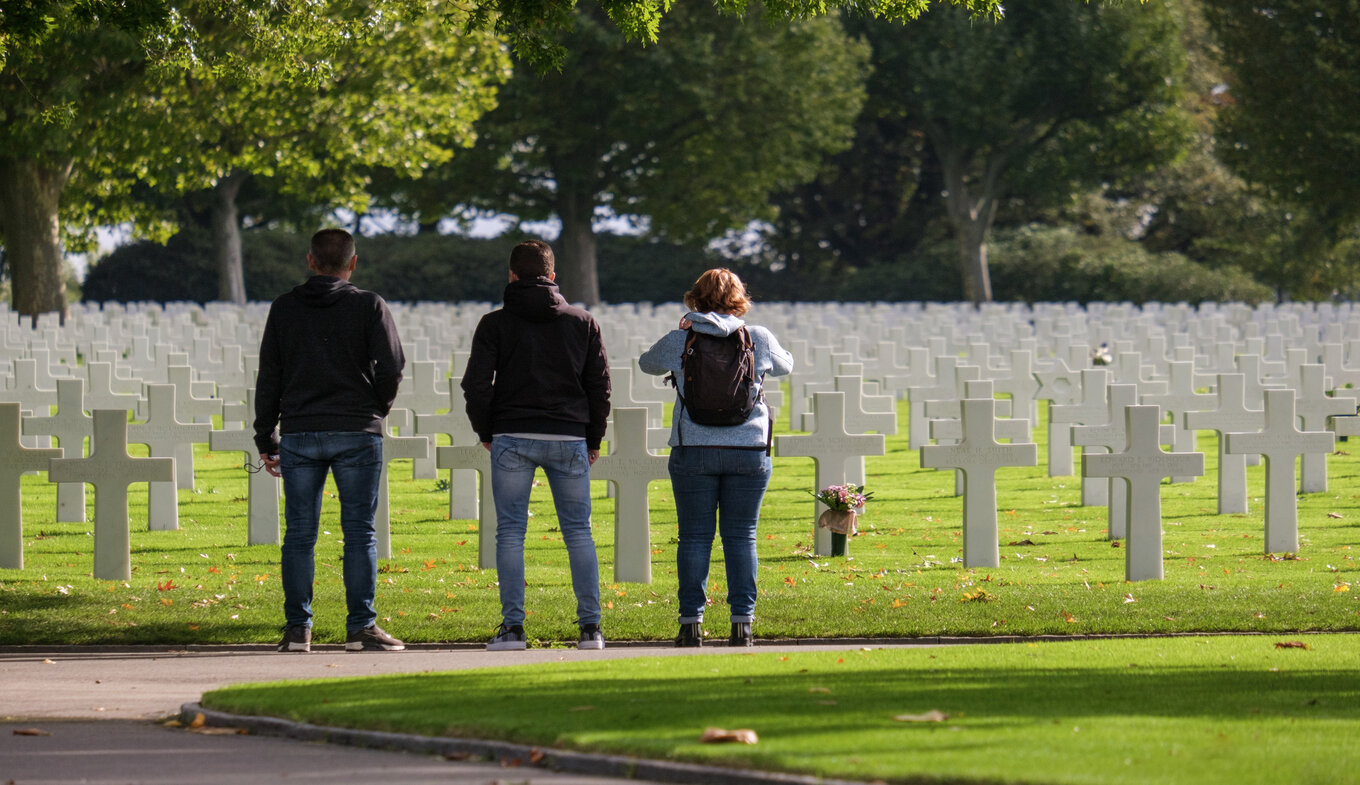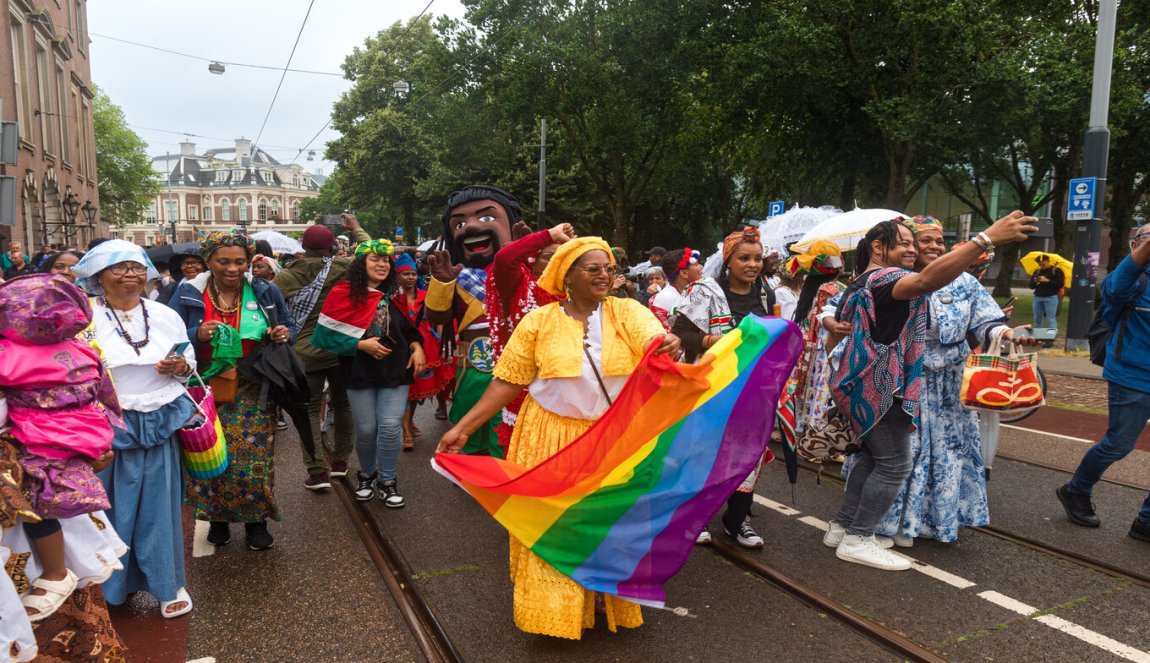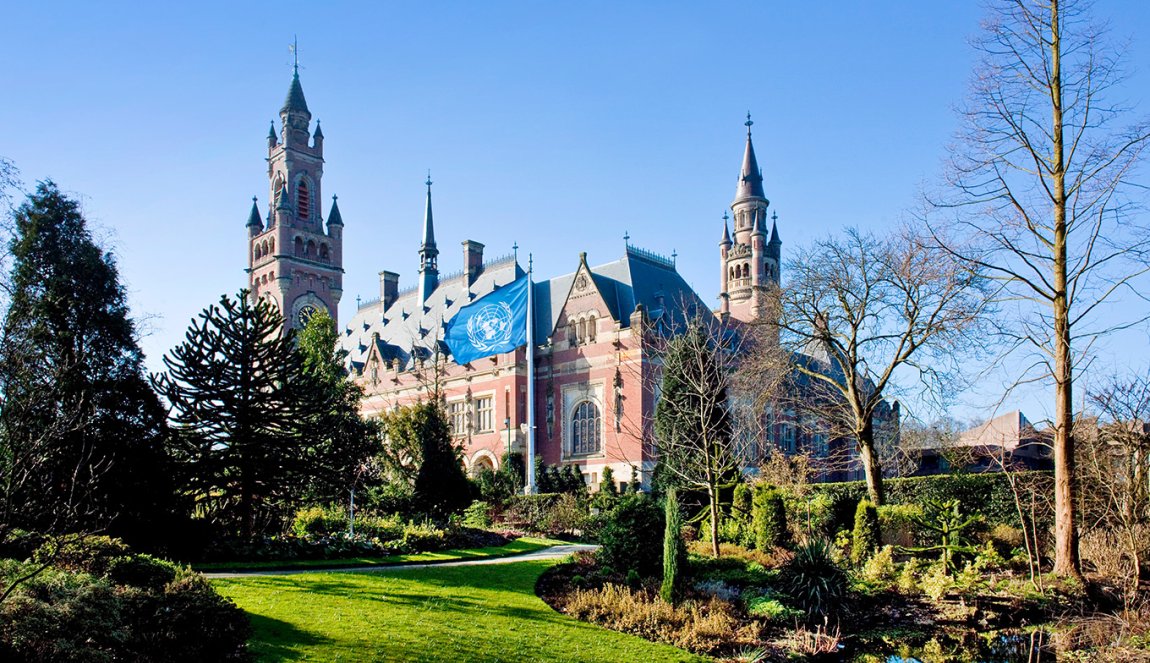
The Netherlands and freedom - Sept. 9, 2024
In the Netherlands, we are aware that freedom, equality, democracy, and the rule of law are not self-evident. We cherish and promote them. The will to actively protect freedom has increased in recent years, especially as power dynamics in the world are continuously shifting and instability in and around Europe is increasing.
80 Years of Freedom
From 12 September 2024 to 15 August 2025, the Netherlands will reflect on 80 years of liberation. On 12 September it will be exactly 80 years since the first Allied soldiers set foot on Dutch soil in the south of Limburg. In the following eleven months, the rest of the Dutch Kingdom was liberated. This means that the Netherlands has been a free country for a lifetime. And this will be celebrated at various moments and places.
On 10 May 1940, Nazi soldiers crossed the Dutch border. Not long after, they bombed Rotterdam, and the Dutch military leadership decided to surrender. The Netherlands was occupied. During the occupation, some Dutch people voluntarily collaborated with the Nazis: collaborators. They assisted in the persecution of Jews, betrayed people in hiding and resistance organizations, or joined the German army. Around 25,000 Dutchmen joined the Waffen-SS and fought with the Nazis to expand the Third Reich.
Before World War II, Jews and non-Jews lived together in the Netherlands. During the war, approximately 107,000 of the 140,000 Dutch Jews were deported. Many of them first ended up in the Dutch Westerbork Camp. Only 5,200 Jews eventually returned alive. The National Holocaust Museum in Amsterdam focuses on the persecution of Jews in the Netherlands and gives the victims a recognizable face.
Annual Liberation Festivals
On 4 and 5 May, the Netherlands continues to commemorate and celebrate annually. These events are preferably celebrated colourfully, exuberantly, and loudly. The Liberation Festivals have been an institution in the Netherlands for more than 30 years, with over 200 performances taking place annually in various cities across the country.
Colonial History of the Netherlands

The Dutch colonial past has left deep marks. Colonies like Suriname and the Dutch East Indies made the Netherlands a particularly prosperous country. The Dutch identity is often associated with this: a nation of enterprising people who explored and conquered the world. But is this true? Colonization was accompanied by slave trade, oppression, and exploitation. This remains a sensitive topic both in society and in history.
The Dutch colonial and slavery past sharply contrasts with the self-image of the Dutch as tolerant, humanitarian, and progressive. Recently, apologies were offered as first step towards reconciliation. Annually, Keti Koti is celebrated in several (large) cities in the Netherlands on 1 July. This date marks the abolition of slavery in Suriname and the Dutch Antilles in 1863. The name means "the chains are broken," and the day is about remembrance and celebration.
Peace Palace in The Hague

In a world where power dynamics are continuously shifting and instability in and around Europe is increasing, the will to actively protect freedom worldwide has only grown. The Peace Palace in The Hague serves as an important symbol of the values of peace and justice. This iconic building, located in the heart of the international city of peace and justice, stands as a beacon for the international community striving for peaceful solutions to conflicts.
The Peace Palace houses the Permanent Court of Arbitration, the International Court of Justice of the United Nations, and the Hague Academy of International Law. These institutions are supported by the Peace Palace Library, known as one of the most prestigious libraries in its field. The Carnegie Foundation, named after philanthropist Andrew Carnegie who funded the Peace Palace, owns and manages the imposing building.
The historical roots of The Hague as a center for international peace and justice date back to the First Hague Peace Conference held from May 18 to July 29, 1899. This groundbreaking conference, initiated by Russian Tsar Nicholas II and hosted by Dutch Queen Wilhelmina, aimed to promote peaceful conflict resolution and disarmament. The conference took place in the Royal Palace Huis ten Bosch in The Hague, a city that then held a neutral position within the European power struggles.
Over the years, The Hague has further developed and profiled itself as the center where international disputes are peacefully resolved and where the values of justice and peace are highly regarded.